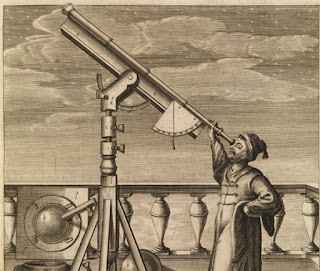Extra Credit Event 2: Jeanine Oleson

For my second extra credit blog I visited Jeanine Oleson’s exhibit at the Hammer Museum. Her art exhibit is open from May 6 th to August 6 th 2017. Oleson as an artist is interested in the problem of labor. The language and gender of artists from her generation is unstable. Oleson is infatuated with certain materials like copper, clay, transmission, and conduction and their transformation through process. The name of her exhibition is Conduct Matters. Oleson is interested in copper itself as an elemental material of great my stery and also a product of late capitalism’s enterprise. The video displayed in the exhibit hints on how late capitalism has isolated workers and disconnected them from nature and the land. I am going to give the description of both my interpretations from the exhibit and then the explanation of what it is really about. My interpr...

